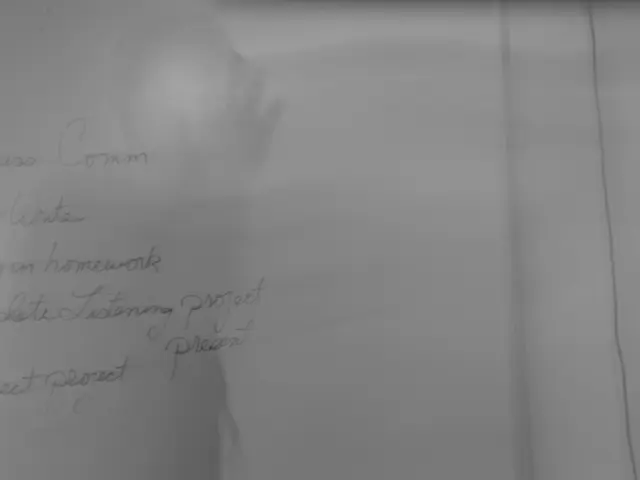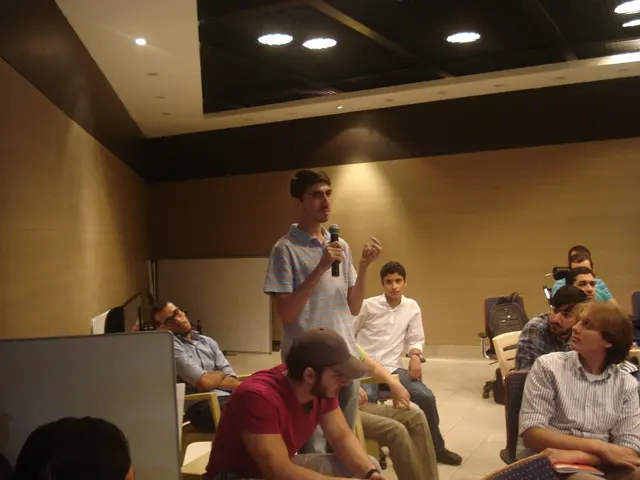Repeated Abuse Leads to 20-Year Imprisonment for French Physician
In the western French city of Vannes, a retired surgeon, Joel Le Scouarnec, aged 74, was sentenced to 20 years in prison for abusing 299 patients, primarily minors, over a span of nearly three decades. This case, believed to be the largest involving child abuse in France, has raised questions about the failure of health authorities to prevent such crimes.
The abuses, which occurred in operating rooms, during anesthesia, and in patient rooms, were often disguised as medical examinations. The court handed down the maximum sentence of 20 years, the prosecution's demand, stating that the doctor had exploited the vulnerability of young patients in pain and undergoing surgery without empathy, damaging the trust of parents in the healthcare system.
The trial has been met with protests from victims and their representatives, who have criticized the authorities for their failure to prevent Le Scouarnec from practicing for three decades. The prosecutor suggested that the actual number of victims is higher, and a subsequent trial involving these victims is likely.
Investigators discovered around 300,000 child abuse images and diaries detailing decades of abuse during their investigation. The evidence led them to identify many of the often unaware victims the surgeon encountered during his work in rural clinics in western France.
During the trial, many victims testified about the psychological trauma and physical ailments resulting from their abuse. Post-traumatic syndromes, blocks, and physical symptoms due to psychological stress were found among the victims.
At the start of the trial, Le Scouarnec made a comprehensive confession, acknowledging his heinous actions and accepting responsibility for the lifelong impact on his victims. He later admitted to abusing his two-year-old granddaughter during the crime.
Earlier, in 2005, Le Scouarnec was convicted for possession of child sexual abuse images but continued to practice medicine until his retirement in 2017. This conviction, along with indicators of misconduct, were downplayed, and the doctor was allowed to continue practicing.
The French Medical Association admitted its own failure in the trial, while victims and supporters criticized the government and political institutions for their silence and inadequate attention to the case. Some victims described the trial as a "trial of the century," but it did not lead to significant reforms or public policy changes.
Authorities have pledged to work together to prevent similar situations in the future, emphasizing the need for systemic reform and increased vigilance to ensure the safety and well-being of patients in the healthcare system.
- The abuses, tragically masked as medical examinations, were not confined to the realm of science but were extremities that transgressed the boundaries of health-and-wellness, including mental-health and therapies-and-treatments.
- The trial, gripping the nation's attention, has also stirred debate in the general-news and politics arenas, addressing the administrative shortcomings that allowed the abuser to practice for three decades despite several indications of misconduct.
- The prosecution, seeking justice for the victims, hinted at a probable subsequent trial involving potential additional victims and the unveiling of the actual number of those harmed.
- In the wake of the conviction, calls for systemic reform in the healthcare system and increased vigilance echoed in crime-and-justice discourse, with the aim of preventing the recurrence of such heinous acts and safeguarding the safety and well-being of patients.







